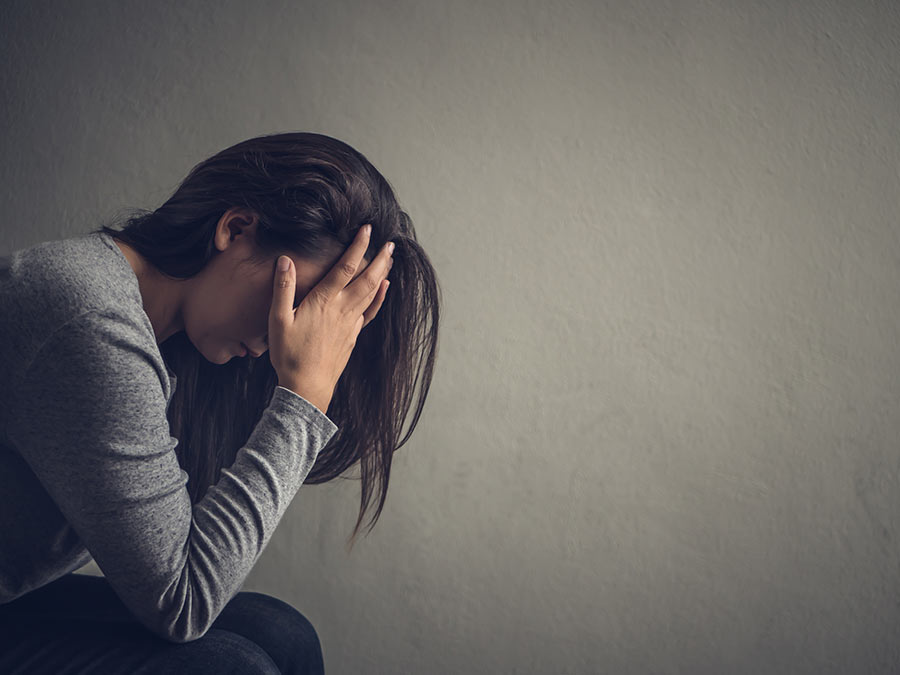Read the latest and greatest from our team
of incredible specialists.

Beach House Recovery Center » Blog » Dealing with Depression During Recovery
Depression is a garden-variety mental illness in this country and worldwide. The condition accounts for roughly 10 percent of physician office visits in the U.S., according to the Centers for Disease Control (CDC), and is the leading cause of disability worldwide, the World Health Organization (WHO) has reported.
Depression can also be very common during recovery from drugs or alcohol. Symptoms are more likely to strike in the early weeks and months of recovery— and often during a program of treatment. A rehab program that provides dual diagnosis treatment is therefore an important consideration for anyone serious about effectively addressing a drug or alcohol problem.
This article will educate you on:

First, just how common is depression in recovery? As context, consider the following stats:
Depression can have various causes in recovery:
Classic signs of depression can include the following symptoms— most especially when they all occur together or as a cluster of three to four symptoms:
If you or a loved one are experiencing any of the above symptoms over a period of two weeks or more, take this screening for depression from the Anxiety and Depression Association of America (ADAA) and consider consulting a healthcare professional about the results. (The ADAA also provides a directory for finding therapists near you.)
Any case of clinical depression that goes untreated and is allowed to progress can hurt or kill your recovery. This is especially true during early recovery when cravings tend to be the strongest in response to familiar cues to drink or use drugs:
In the worse-case scenario, a bout of depression can trigger a drug or alcohol relapse that proves fatal in the form of a deadly overdose or other lethal health effects.
In short, co-occurring depression and addiction significantly increase the risks of relapse for anyone in recovery. That makes dual diagnosis treatment the recommended course of treatment for those:
A dual diagnosis in the form of depression and drug or alcohol addiction can seem like an impossible foe, but the tools and therapies that dual diagnosis treatment offers can give you more than a fighting chance of recovery.
For related information about dealing with depression in recovery, see the following articles:
Whether you’re researching for yourself or a loved one, Beach House can help. We understand that this is a serious time in your life and that the treatment center you choose matters. We want you to feel comfortable and empowered to make the right decision for yourself, a friend, or a family member. This is why a counselor is waiting and available to answer your questions and help put your mind at ease regarding the next steps. Many of the staff at Beach House have walked in your shoes. If you feel you’re ready or want more information about how to help a loved one, we can help today. You can also learn why we are voted the #1 rehab for addiction treatment in Florida.
We accept most major insurance plans and can verify your benefits quickly and confidentially.
We’re committed to helping you access the care you need, our admissions counselors can guide you through your coverage options and available resources.





"*" indicates required fields